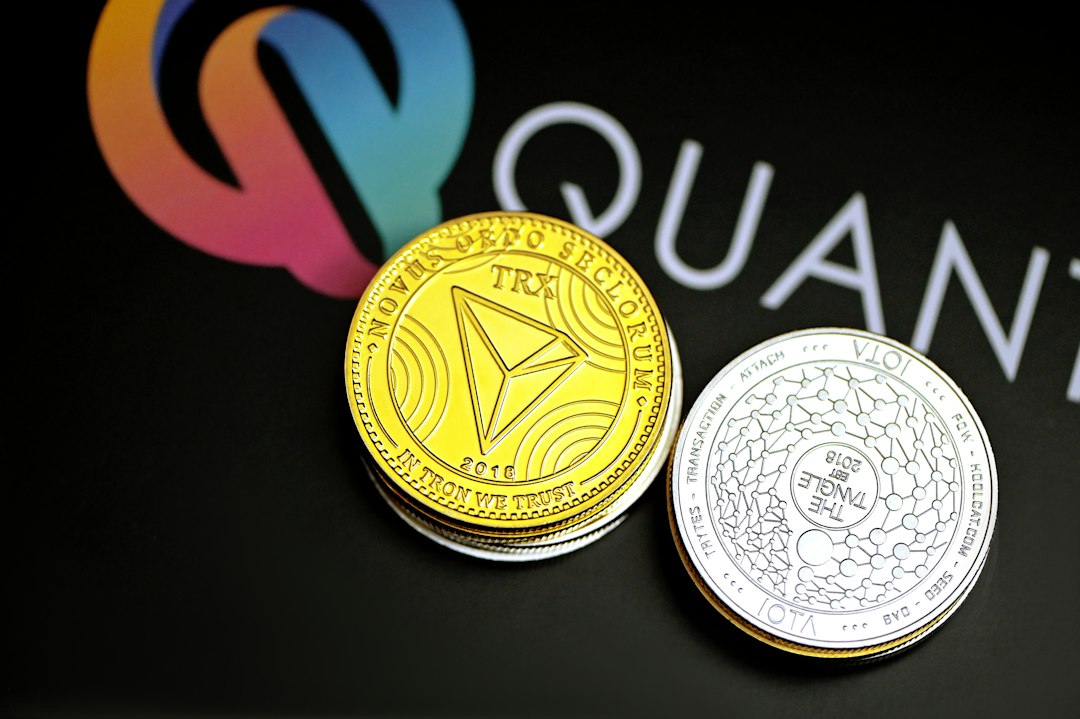The Closure of Binance Card in Latin America and the Middle East
Binance, the largest crypto exchange, has announced that it will be closing its Binance Card services in Latin America and the Middle East starting from August 25. The Binance Card allows users to use their digital assets for everyday transactions, similar to traditional debit cards. It supports major cryptocurrencies and stablecoins, including Binance Coin, Bitcoin, Ether, Cardano, Solana, Shiba Inu, Ripple, and more. Users can top up their card with funds through the Binance Card App and convert their crypto holdings to fiat currency within seconds, allowing them to spend their digital assets at 90 million Mastercard merchants worldwide.
Key Points:
- Binance is closing its Binance Card services in Latin America and the Middle East.
- Users can use their digital assets for everyday transactions with the Binance Card.
- The closure will take effect from August 25.
- Only less than 1% of Binance users in these regions will be affected.
- Crypto credit card usage is growing in Brazil and other Latin American countries.
Although Binance did not provide specific reasons for the suspension of its card services, they claim that less than 1% of users will be impacted. However, the increasing adoption of crypto cards for everyday purchases in Brazil and other Latin American countries contradicts this claim. Brazilians are using Binance Card for buying bread, paying for dinners, and taxi fares. In Argentina, the card is used in retail stores, cafes, restaurants, and for online purchases. Colombia also sees the use of Binance Card in large retail stores and transportation services.
Hot Take:
The closure of Binance Card services in Latin America and the Middle East seems contradictory to the growing adoption of crypto-based debit cards in these regions. Binance may have valid reasons for the suspension, but it remains to be seen how this decision will impact the crypto community and if alternative solutions will emerge.





 By
By
 By
By
 By
By
 By
By
 By
By
 By
By